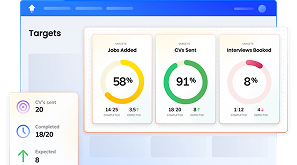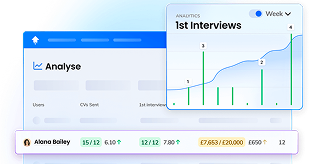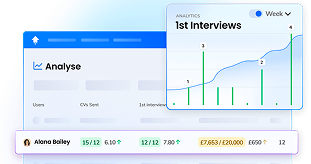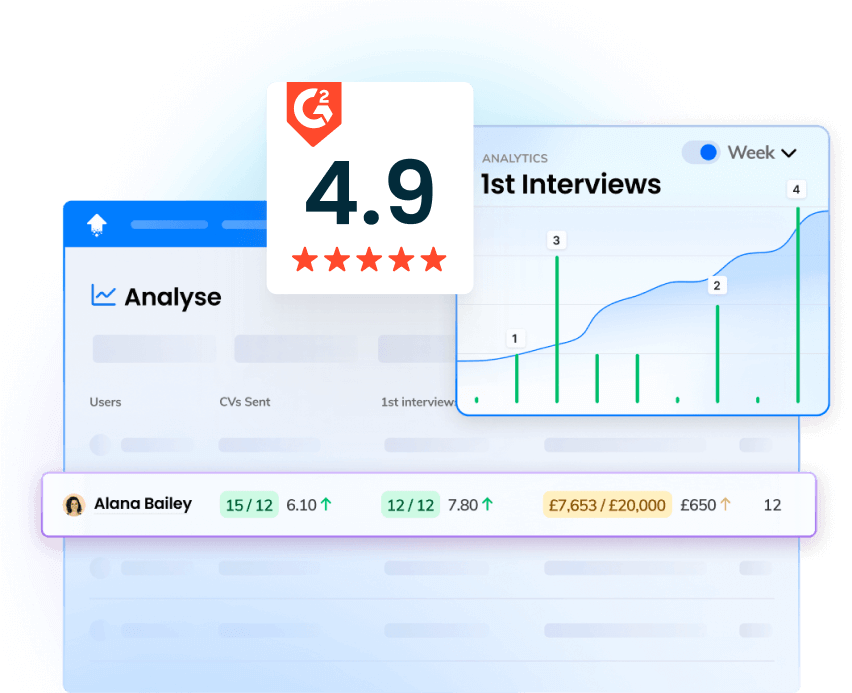“Activity” is a common word used by the dozens of sales-based decision-makers we speak to every month. Phrases like “I want to motivate my sales team to do more activity” are not uncommon.
Activity and output are intrinsically linked to individual and collective productivity, but what about engagement? Where does it come into the equation and how important is it in relation to the goals of higher activity, greater turnover and overall company success?
What is engagement?

Engagement can refer to a number of things (aside from diamond rings), but in this context we’re referring to employee engagement. In a nutshell, employee engagement is the extent to which employees feel passionate about their jobs, are committed to the organisation, and put discretionary effort into their work.
It isn’t the same as employee satisfaction – that’s an indicator for job happiness, not job motivation.
What is productivity?

Productivity, on the other hand, is a measure of how efficient an employee or team member is. Productive recruitment consultants put in more activity and close more business, boosting the company’s bottom line, but it doesn't necessarily mean that they are engaged in the role, the organisation, and its goals.
Why is engagement important?
Engagement applies to every element of a consultant's job: how passionate they are about the product or service, how invested they are in the organisation and its goals, whether they’re willing to go the extra mile, how they interact with customers, and more.
Ultimately, engagement drives motivation and performance, and feeds into the three pillars of creating a high-performing recruitment agency: productivity, a culture that retains, and effective management and leadership within the organisation.
Productivity will inevitably suffer if the individual or team in question isn’t engaged with their work.
A 2013 Harvard Business Review report that analysed 1.4m employees revealed that highly engaged teams had:
- 22% more productivity
- 10% more customer loyalty
- 81% less absenteeism
- 18-43% less staff turnover
It comes as no surprise that in the same year, increasing employee engagement was a big focus for a range of businesses.

Why do you need both?

One without the other can be indicative of short-term issues, and possibly long-term too.
Engaged employees with low productivity either don’t have the training required to be efficient or are motivated by the company but not the role.
Productive employees with low engagement are likely going to damage your culture or cost you a significant amount when they (inevitably) lose interest altogether and leave.
Many sales leaders focus on productivity when they say things like “my team need to hit the phones and we’ll see deals coming out the other end”, but they forget that engagement is just as important in achieving this.
It's not hard to imagine that a highly engaged consultant is going to "hit the phones" harder, and give a lot more of their time, energy and efforts into attaining the objectives needed of them than one who couldn't care less.
How can you positively impact productivity and engagement?

Getting sales and recruitment consultants engaged with their work can be a tough task, but there are things we’ve seen work across a number of our clients.
Constantly communicating team achievement and progress is a huge motivator for helping consultants see beyond more than just their own performance. This tends to take the form of public leaderboards and team competitions (ideally in real-time) but in the absence of those, a leaderboard can do the trick for a while.
Celebrating achievements is another fantastic method for helping your team members to feel recognised and their activity encouraged. Some teams opt to do a deal breakdown every Friday as a team, others use tools like OneUp’s triggers system to celebrate key activities as and when they happen.
Finally, giving individuals the power to be autonomous can do wonders for engagement and motivation. Showing you trust them to choose which activities they should be doing and when appeals to a key human motivator, though this requires accountability on both sides.
You can read more about how to keep your sales and recruitment consultants engaged and fulfilled, by reading our recent post on how to reduce staff turnover.
Giving consultants the ability to track their own performance through OneUp’s dashboards at any time instead of having to send infrequent reports to them can save you time and empower them to do better work.

There’s a reason businesses with higher employee engagement see greater activity numbers. It’s no longer a question of “can we improve employee engagement”, it’s a question of “when should we start improving it”? The answer is now.
OneUp Sales - building high performance sales teams by increasing productivity, retaining talent, and empowering management across your organisation. Learn more about our platform and explore what it could do for you.
















